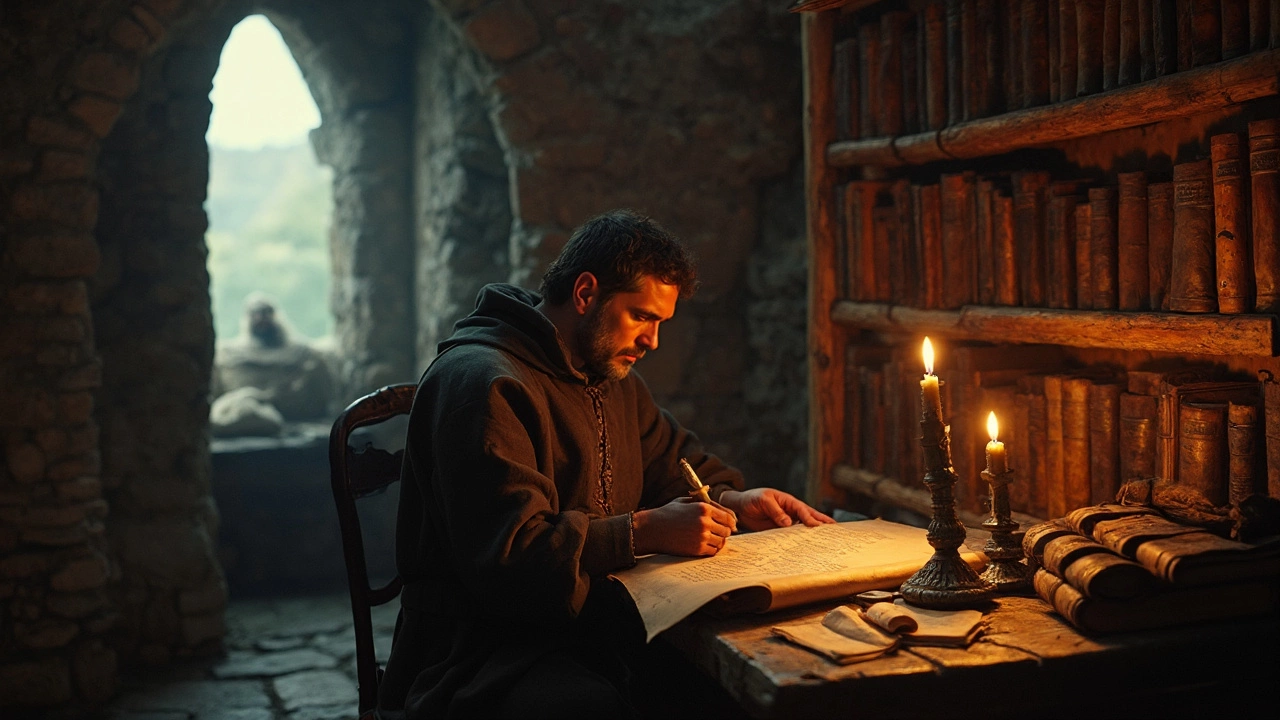History of English Language: A Simple Walk Through the Ages
Ever wonder how English went from a handful of tribal words to the world’s lingua‑forex? You’re not alone. The story is full of wars, trades, and a lot of borrowing, and you can actually follow it step by step without a textbook.
Early Roots: From Celtic to Germanic
Before any English speakers showed up, the British Isles were full of Celtic languages. Those languages left a few place names behind – think "London" or "York" – but the real shift began when Germanic tribes arrived around the 5th century. The Angles, Saxons, and Jutes brought a set of sounds and words that became what we call Old English.
Old English sounded nothing like today’s tongue. Words were short, grammar was heavy, and spelling was all over the place. If you look at the epic poem "Beowulf," you’ll hear a language that feels more like German than modern English. Still, many basic words survived – "father," "mother," "house" – giving us a core that still works.
Middle English and the Influence of the Normans
The big game‑changer arrived in 1066. William the Conqueror and his Norman army spoke a French dialect, and suddenly the ruling class used French while the common folk stuck with Old English. Over the next few centuries, the two languages mashed together, creating Middle English.
During this period, the great writer Geoffrey Chaucer wrote "The Canterbury Tales" in a language that feels familiar but still has a distinct flavor. You can see French words like "court" and "royal" slipping into everyday speech. This blending also simplified grammar – those crazy Old English endings started to disappear.
Printing press technology arrived in the late 15th century, thanks to William Caxton. He printed books in a standardized version of English, which helped lock in spellings and spread the language beyond local dialects.
Early Modern English: Exploration, Science, and the Shakespeare Era
When explorers set sail and scientists started naming new discoveries, English needed new words fast. The Renaissance poured in Latin and Greek terms, expanding the vocabulary dramatically. Shakespeare, writing in the early 1600s, showed off this richness by coining phrases like "break the ice" and "heart of gold".
At the same time, the Great Vowel Shift – a massive change in how vowels were pronounced – turned many words into the sounds we recognize today. That shift is why English spelling looks odd compared to pronunciation.
Modern English: Global Spread and Ongoing Change
The British Empire carried English to continents far and wide. When the United States emerged as a cultural superpower in the 20th century, American media, tech, and business added even more layers. Today, English borrows from Hindi, Chinese, Arabic, and countless other languages, making it a true melting pot.
Internet slang, emojis (yes, they count as a language shift), and regional accents keep the language alive and moving. Learning English now means staying flexible – the rules you learn today might look old-fashioned tomorrow.
So, the history of the English language isn’t a dry timeline; it’s a living story of people, power, and endless curiosity. Knowing where words come from helps you use them smarter and appreciate the weird twists that make English so unique.
Explore the oldest surviving poem in Old English, its origins, meaning, and why it still matters. Dive into Cædmon's Hymn with unique insights, facts, and legacy.
More